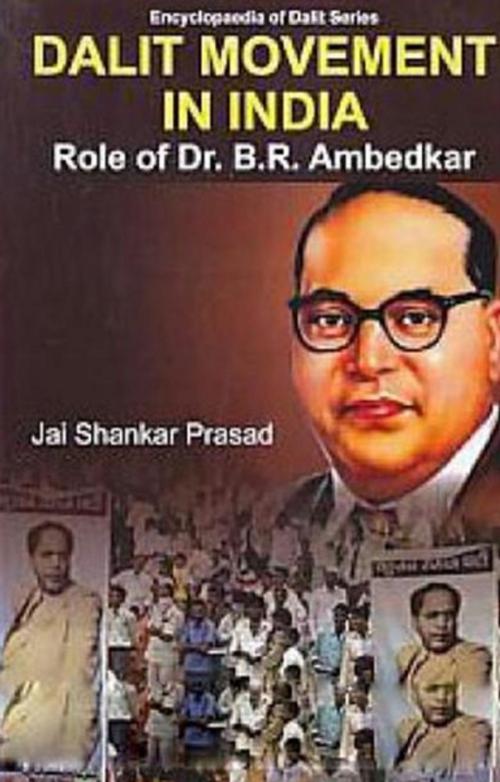Dalit Movement In India Role Of Dr. B.R. Ambedkar
Nonfiction, Social & Cultural Studies, Social Science| Author: | Jai Shankar Prasad | ISBN: | 9789388034647 |
| Publisher: | Centrum Press | Publication: | June 30, 2017 |
| Imprint: | Centrum Press | Language: | English |
| Author: | Jai Shankar Prasad |
| ISBN: | 9789388034647 |
| Publisher: | Centrum Press |
| Publication: | June 30, 2017 |
| Imprint: | Centrum Press |
| Language: | English |
The Dalit Buddhist movement (dubbed as Navayana by certain Ambedkerites) is a 19th and 20th-century Buddhist revival movement in India. It received its most substantial impetus from B. R. Ambedkar’s call for the conversion of Dalits to Buddhism, in 1956, to escape a caste-based society that considered them to be the lowest in the hierarchy. Ambedkar saw Buddhism as a means to end the caste system in India. The main issues around which most of the Dalit movements have been centred in the colonial and post colonial periods are confined to the problem of untouchability. The Dalits demanded a separate electorate in the 1930s which led to a conflict between Ambedkar and Gandhi. In the early 1930s Ambedkar concluded that the only way of improving the status of the untouchables was to renounce the Hindu religion. Ambedkar and his followers were converted to Buddhism in 1956. This important book traces the history of the Dalit movement from its beginning in the 19th century to the death of its most famous leader, B.R. Ambedkar, in 1956.
The Dalit Buddhist movement (dubbed as Navayana by certain Ambedkerites) is a 19th and 20th-century Buddhist revival movement in India. It received its most substantial impetus from B. R. Ambedkar’s call for the conversion of Dalits to Buddhism, in 1956, to escape a caste-based society that considered them to be the lowest in the hierarchy. Ambedkar saw Buddhism as a means to end the caste system in India. The main issues around which most of the Dalit movements have been centred in the colonial and post colonial periods are confined to the problem of untouchability. The Dalits demanded a separate electorate in the 1930s which led to a conflict between Ambedkar and Gandhi. In the early 1930s Ambedkar concluded that the only way of improving the status of the untouchables was to renounce the Hindu religion. Ambedkar and his followers were converted to Buddhism in 1956. This important book traces the history of the Dalit movement from its beginning in the 19th century to the death of its most famous leader, B.R. Ambedkar, in 1956.















